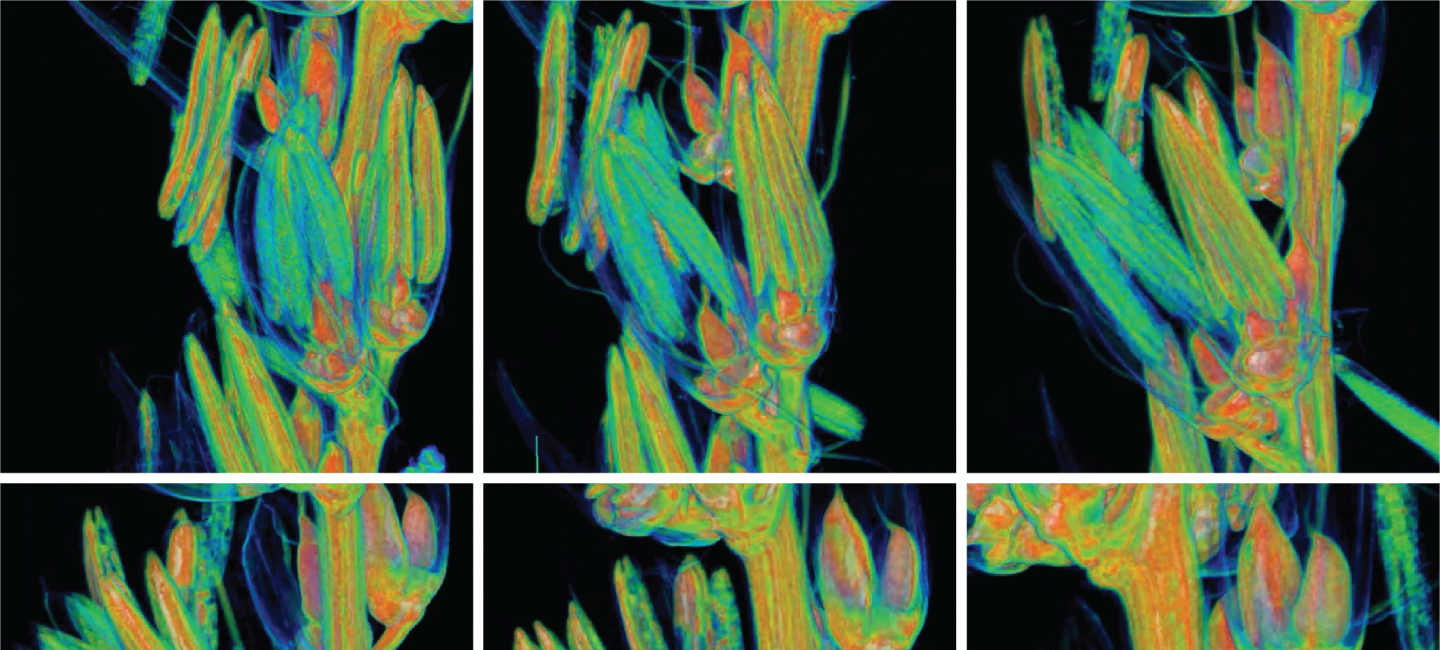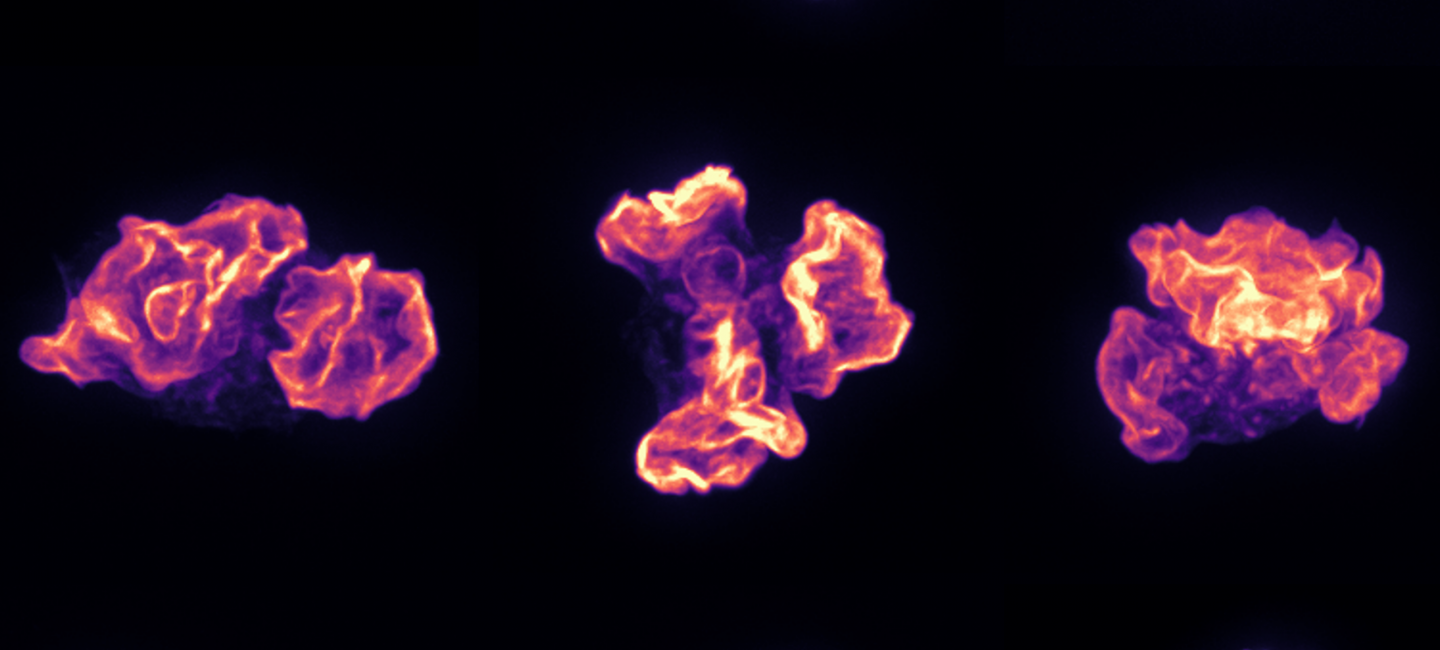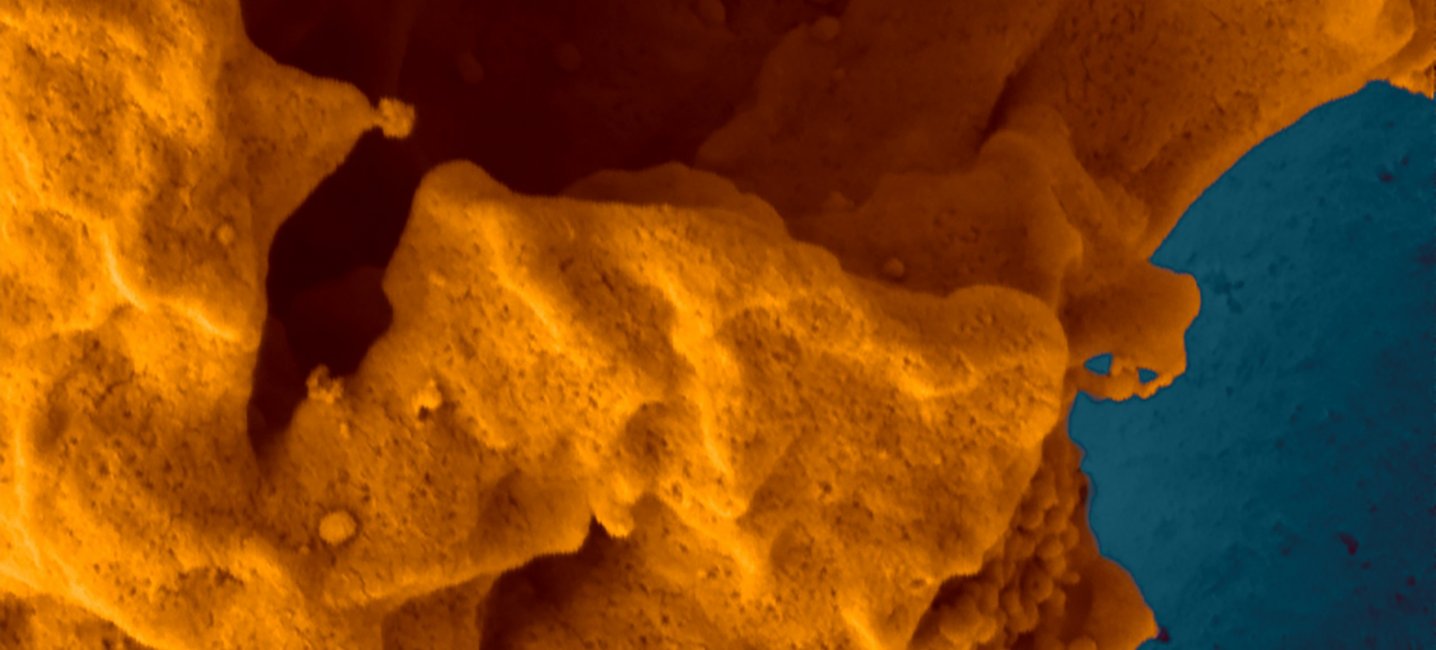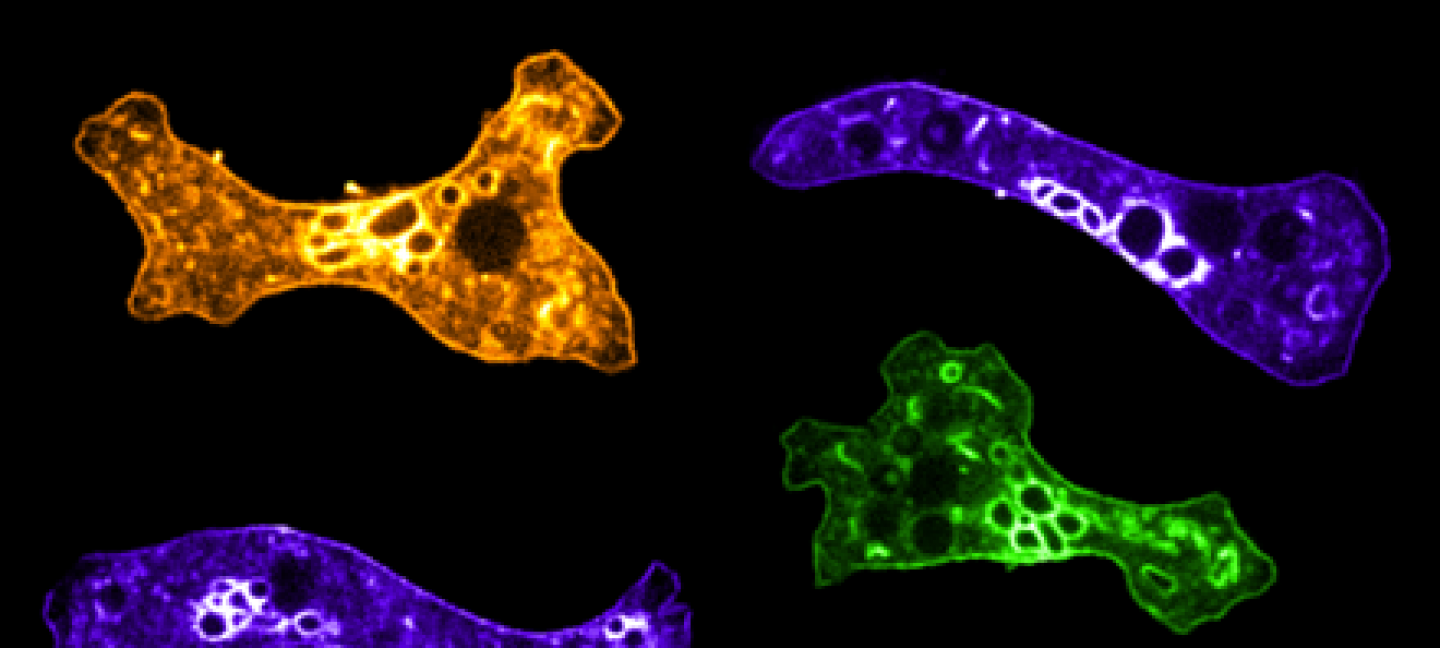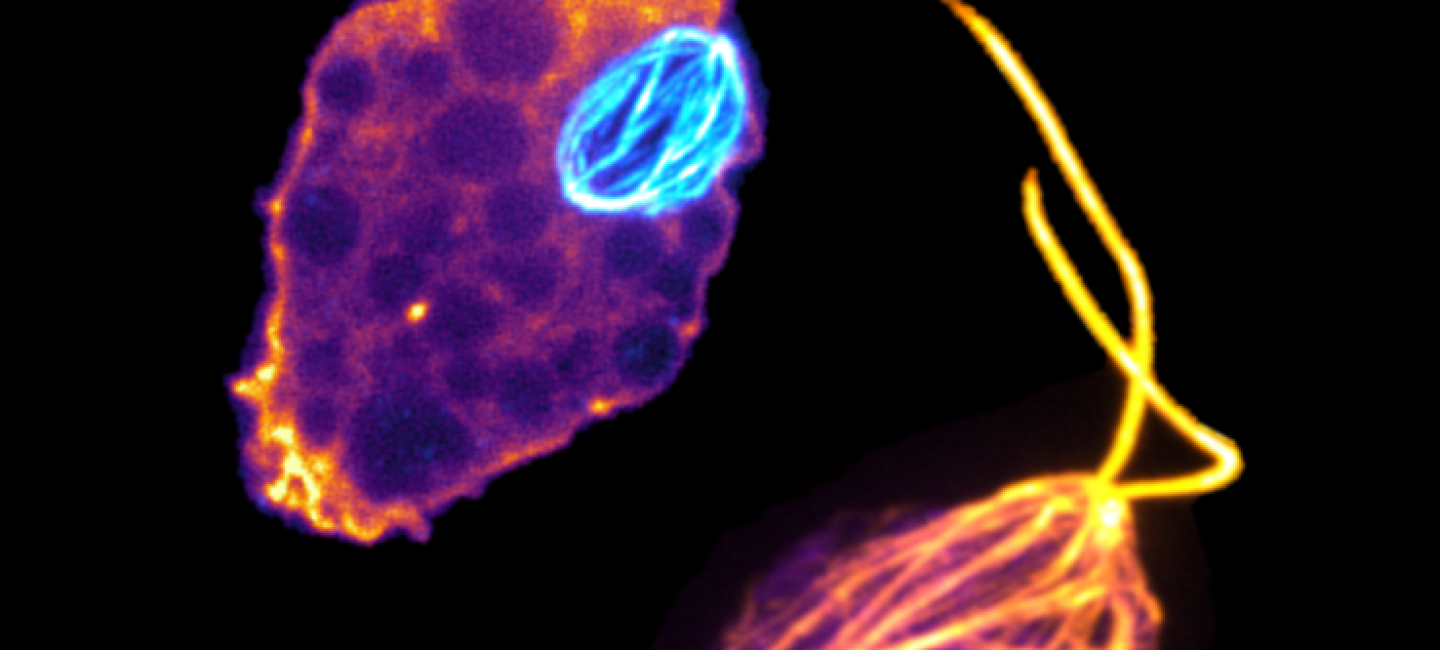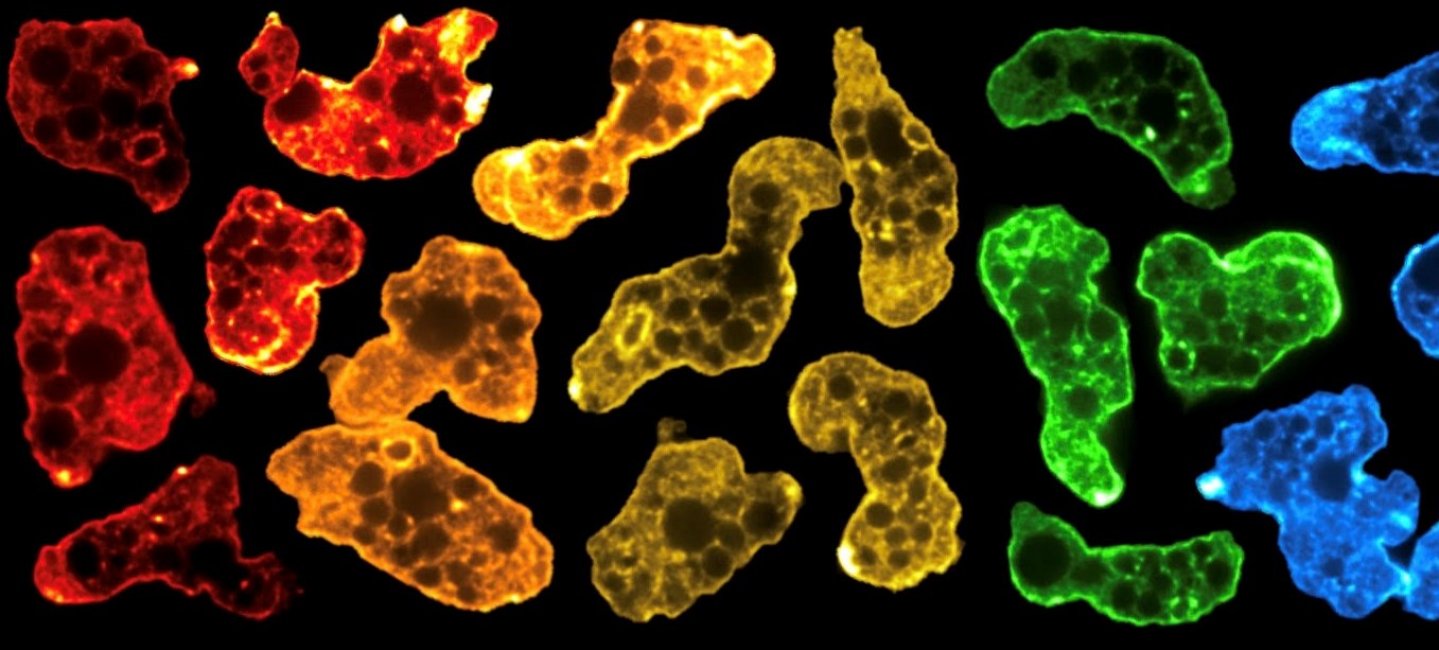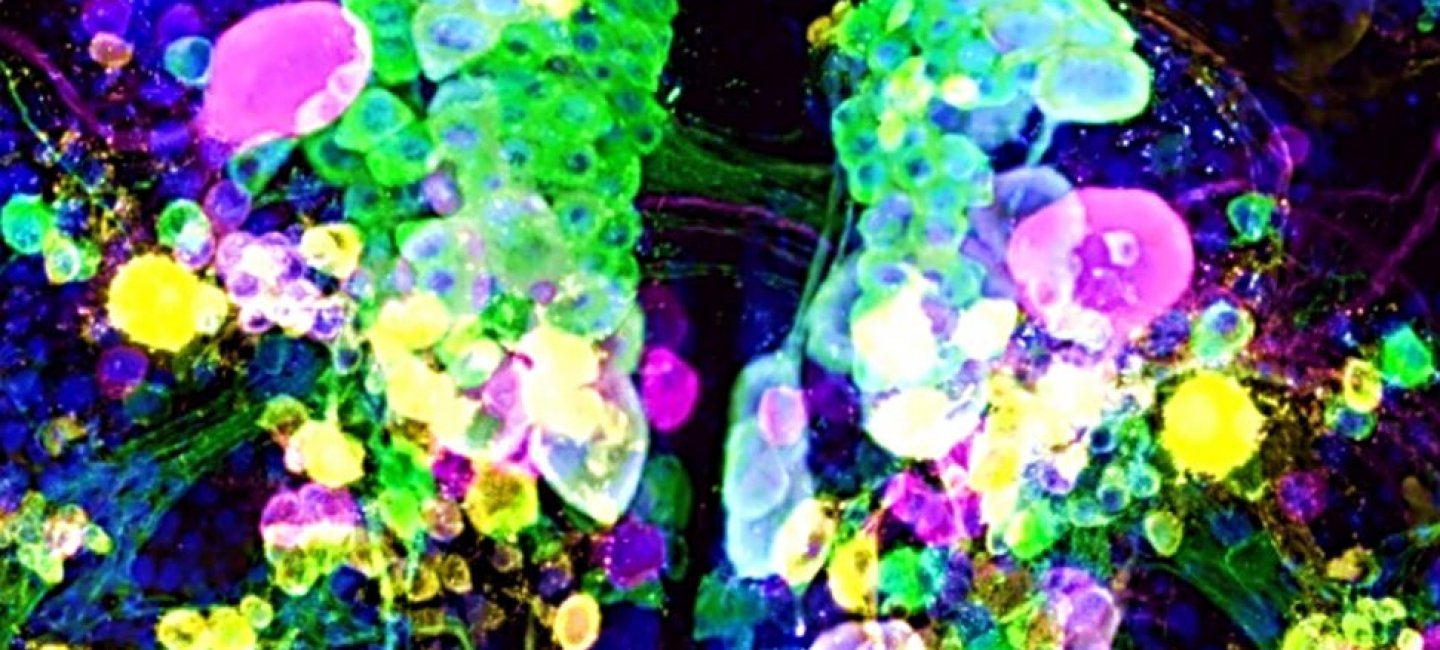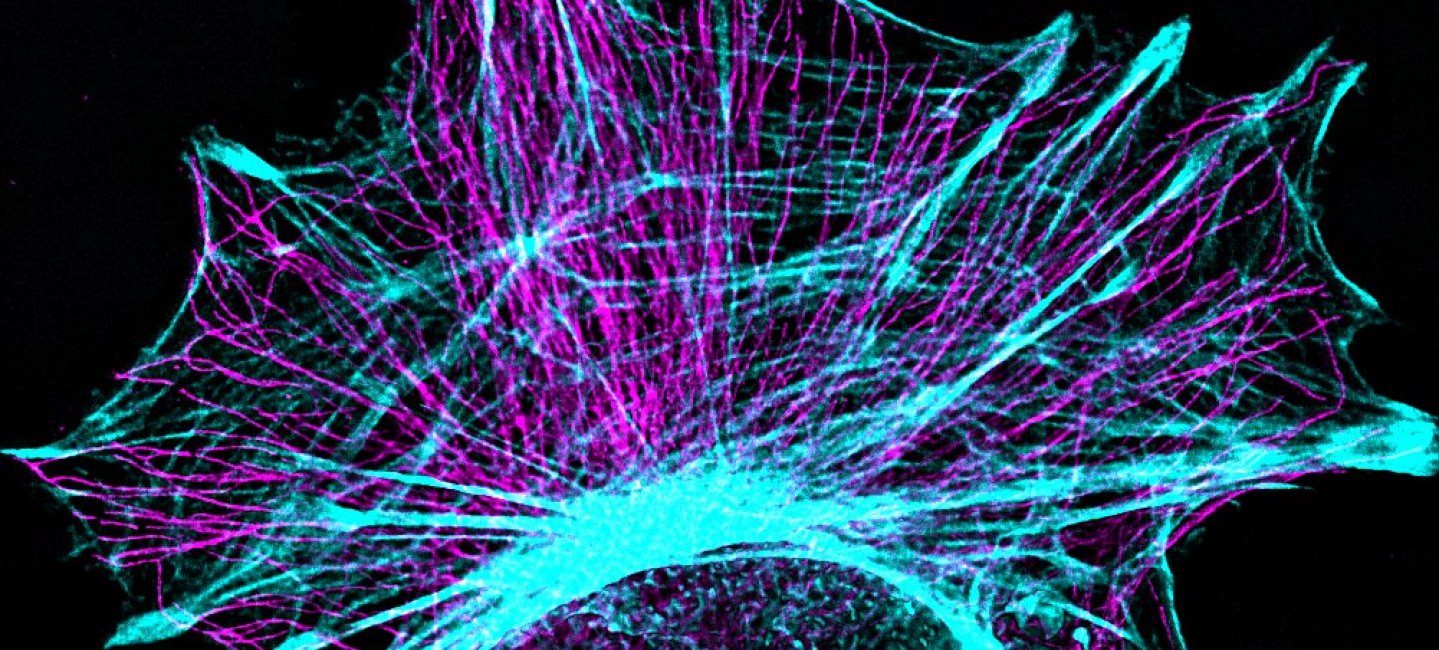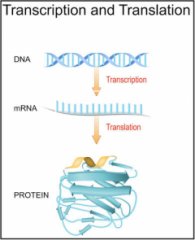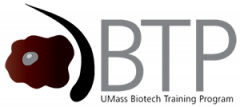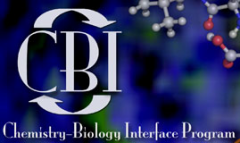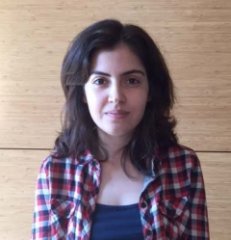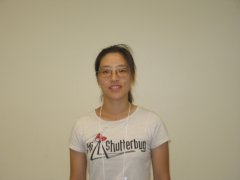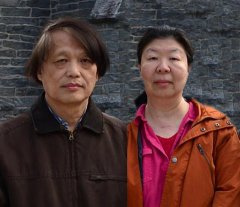News & Announcements
Researchers Downes, Pak Win 2021 Armstrong Fund for Science Award at UMass Amherst
Researchers Downes, Pak Win 2021 Armstrong Fund for Science Award at UMass Amherst
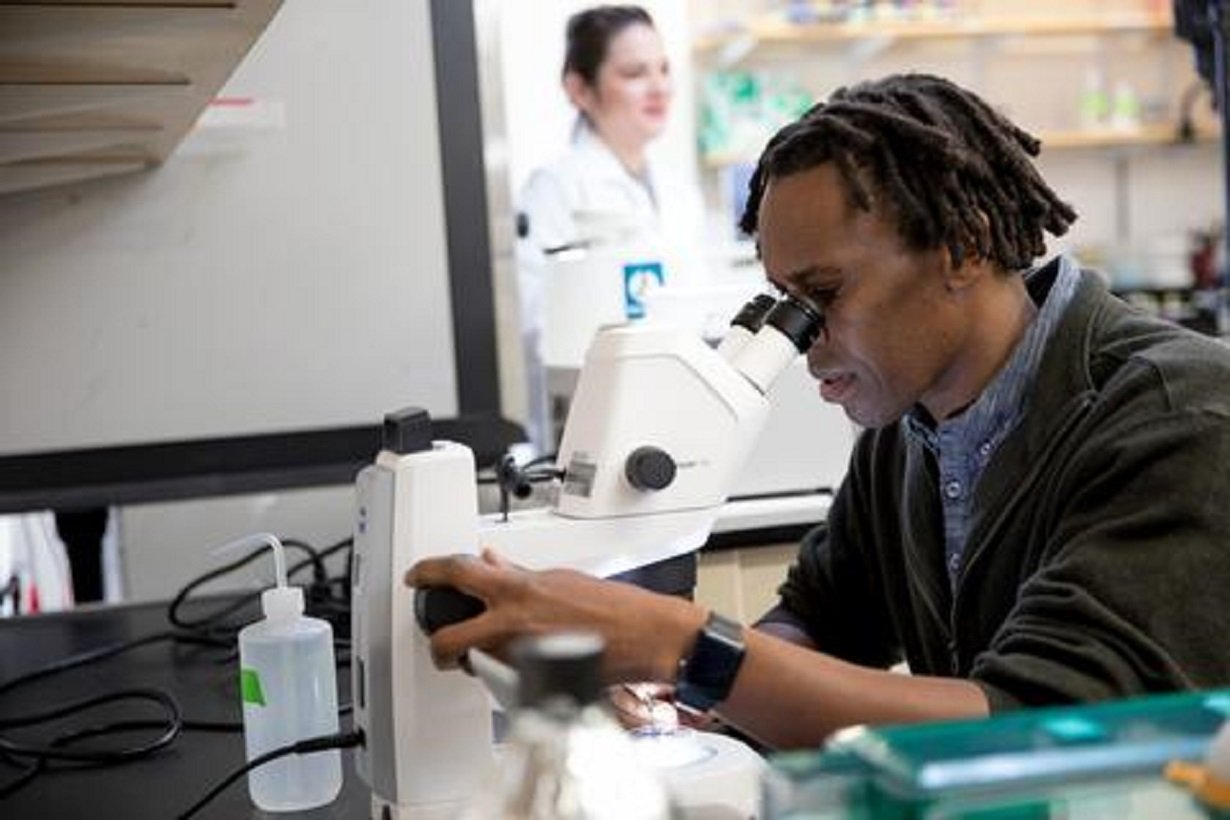
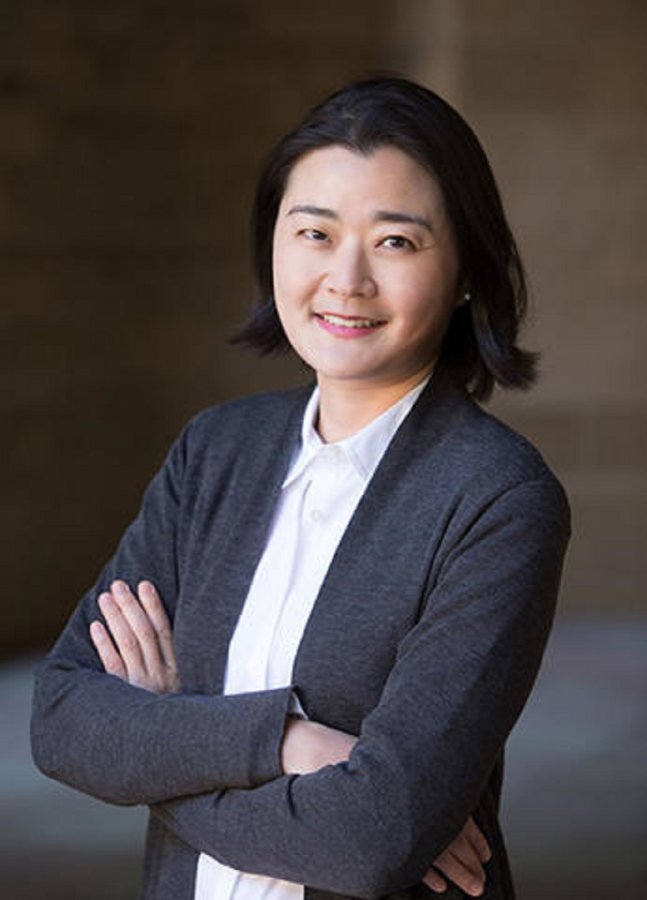 The Armstrong Fund for Science at UMass Amherst has announced that its 2021 award will go to Gerald Downes, biology, and ChangHui Pak, biochemistry and molecular biology, for their collaborative project that seeks to better understand how mutation of a gene known as TBCK disrupts brain development. Mutations in the TBCK gene cause a rare, severe, poorly understood neurological disease called TBCK Syndrome. Downes and Pak will receive a two-year, $40,000 grant to support preliminary investigations in preparation for a full-blown research effort.
The Armstrong Fund for Science at UMass Amherst has announced that its 2021 award will go to Gerald Downes, biology, and ChangHui Pak, biochemistry and molecular biology, for their collaborative project that seeks to better understand how mutation of a gene known as TBCK disrupts brain development. Mutations in the TBCK gene cause a rare, severe, poorly understood neurological disease called TBCK Syndrome. Downes and Pak will receive a two-year, $40,000 grant to support preliminary investigations in preparation for a full-blown research effort.
Benefactors John and Elizabeth Armstrong established their Fund for Science in 2006 to identify and support promising research directions that do not yet have enough data available for the principals to apply to standard funding channels.
Downes and Pak plan a two-pronged approach: Downes, who has worked for years with zebrafish, has already engineered a variety of the fish with TBCK Syndrome. His lab will study how TBCK effects brain development and interacts with the mTOR pathway. Pak is an expert in the use of human-induced pluripotent stem cells. “We can grow these stem cells, reprogram and rewind them back to the embryonic stage of brain development,” she says. “Then we can engineer specific mutations, like TCBK, grow the stem cells into neurons, and run a variety of studies to compare and contrast the healthy cells with the abnormal ones.”
“We’ll be working in parallel,” says Downes, “learning from the insights provided by each model.”
Once they have preliminary results in hand, Downes and Pak will be well-positioned to seek major, multi-year support for a more comprehensive study. “The Armstrong Fund is letting us jump-start our project,” says Pak. “Without this support, it would be difficult to get our work off the ground.” Read more
The Future of Medicine is Nearer Thanks to Researchers’ Invention
The Future of Medicine is Nearer Thanks to Researchers’ Invention
Researchers at the University of Massachusetts Amherst recently unveiled their discovery of a new process for making RNA. The resulting RNA is purer, more copious and likely to be more cost-effective than any previous process could manage. This new technique removes the largest stumbling block on the path to next-generation RNA therapeutic drugs.
If DNA is the blueprint that tells the cells in our bodies what proteins to make and for what purposes, RNA is the messenger that carries DNA’s instruction to the actual protein-making machinery within each cell. Most of the time this process works flawlessly, but when it doesn’t, when the body can’t make a protein it needs, as in the case of a disease like cystic fibrosis, serious illness can result.
One method for treating such protein deficiencies is with therapeutics that replace the missing proteins. But researchers have long known that it’s more effective when the body can make the protein it needs itself. This is the goal of an emerging field of medicine—RNA therapeutics. The problem is, the current methods of producing lab-made RNA can’t deliver RNA that is pure enough, in enough quantities in a way that’s cost-effective. “We need lots of RNA,” says Elvan Cavaç, lead author of the paper that was recently published in the Journal of Biological Chemistry, MBA student at UMass Amherst, and a recent Ph.D. graduate in chemistry, also from UMass. “We’ve developed a novel process for producing pure RNA, and since the process can reuse its ingredients, yielding anywhere between three and ten times more RNA than the conventional methods, it also saves time and cost.”
The problem with impure RNA is that it can trigger reactions, like swelling, that can be harmful, and even life-threatening. For example, impure RNA can cause inflammation in the lungs of a patient with cystic fibrosis. Conventionally manufactured RNA has to undergo a lengthy and expensive process of purification. “Rather than having to purify RNA,” says Craig Martin, the paper’s senior author and professor of chemistry at UMass, “we’ve figured out how to make clean RNA right from the start.” Read more
BTP Fellowships Awarded to MCB Students
BTP Fellowships Awarded to MCB Students
Congratulations to the MCB students who were recently awarded prestigious BTP traineeships: Hyerim Ban (Andrews/Schiffman labs), Thomas Harrington (Bartlett lab), Patrick Ryan (Lee lab), Akaansha Rampal (Peyton/Vachet labs), Nidhi Thaker (Stratton/Fissore labs), Madelaine Tompach (Timme-Laragy lab), and Jacob Ullom (Pobezinsky lab)! In addition, Emily Lopes (Fissore lab) and Jessica McGory (Maresca lab) will continue on BTP traineeships for another year! BTP students are trained in an interdisciplinary fashion that expands career opportunities and sharpens professional skills. The UMass BTP emphasizes industrial partnerships, such as internships that provide hands-on access to cutting-edge biotechnology research, industrial seminars, and other industrial activities. Traineeships are typically awarded to students to support their 2nd and 3rd years of study, and trainee selection criteria include past performance (undergraduate institution and GPA, GRE scores), progress in the PhD program (grades and research productivity), and commitment to the BTP Program. Congratulations to all on your awards! Read more
MCB Students Awarded CBI Traineeships
MCB Students Awarded CBI Traineeships
Berent Aldikacti (Chien lab), Kevin Guay (Hebert lab) and Bao Nguyen (Stratton lab) were recently awarded prestigious Chemistry-Biology Interface Traineeships! In addition, Kiserian Jackson (Siegrist lab), Rebecca Gordon (Siegrist lab) and Josh Foster (Chen lab) will be renewed on CBI funding for another year! The goal of the CBI Program is to train students with diverse scientific backgrounds for productive research at the interface between chemistry and biology in order to instill a strong foundation for future interdisciplinary research success. Trainee selection criteria include past performance (undergraduate institution and GPA), progress in the PhD program (grades and research productivity), and commitment to the CBI Program. Due to the limited number of available traineeships, selection is highly competitive. Congratulations to Berent, Kevin, Bao, Kiserian, Rebecca and Josh on their awards! Read more
Dilay Hazal Ayhan PhD Dissertation Defense
Dilay Hazal Ayhan PhD Dissertation Defense
Friday, July 16, 2021
9:00 AM
Zoom link: Please contact mcb@mcb.umass.edu to be included on the email list for this announcement
Dissertation Title: Discovering mechanisms driving adaptive evolution in the cross-kingdom fungal pathogen Fusarium oxysporum
Advisor: Li-Jun Ma
Shu Zhao PhD Dissertation Defense
Shu Zhao PhD Dissertation Defense
Tuesday, August 3, 2021
10:00 AM
Zoom link: Please contact mcb@mcb.umass.edu to be included on the email list for this announcement
Dissertation Title: Applying genome-wide association in the fungal pathogen Aspergillus fumigatus to identify the genetic contributors of antifungal sensitivity and thermotolerance
Advisor: John Gibbons
Timme-Laragy Presents to Massachusetts State Task Force on PFAS Chemicals
Timme-Laragy Presents to Massachusetts State Task Force on PFAS Chemicals
Alicia Timme-Laragy, associate professor of environmental health sciences, made a presentation on per- and polyfluoroalkyl substances (PFAS) to the Massachusetts PFAS Interagency Task Force at a public hearing held on June 15.
Sometimes known as “forever chemicals,” PFAS are a group of manmade chemicals found in everything from firefighting foams to carpets that can build up and contaminate drinking water. The new 19-member state task force, co-chaired by state senator Julian Cyr and state representative Kate Hogan, was formed in response to their presence in community water systems statewide. It aims to provide legislators, agencies, experts and stakeholders with information on the best approach to prevent and mitigate contamination statewide, including educating the public, researching alternatives to things that contain these substances, and the cost effectiveness of different approaches, among other objectives. The task force must present a report to state legislators by the end of the year.
An expert on developmental toxicology, Timme-Laragy began working with state legislators on the potential health risks posed by PFAS chemicals through her work as a UMass Public Engagement Faculty Fellow in 2019. The task force invited her to speak on the potential ways people could encounter PFAS chemicals that could pose an exposure risk and the potential human health outcomes associated with those exposures.
The hearing can be viewed here. Timme-Laragy's presentation begins at the 31:00 mark. Read more
Congratulations to the MCB Byron Prize Winners!
Congratulations to the MCB Byron Prize Winners!
Nils Pilotte, Archit Rastogi and Rilee Zeinert have been selected as the 2021 Byron Prize winners! The Byron Prize was established in 1994 in honor of Dr. Fred Byron, Vice Chancellor for Research at UMass Amherst. Dissertation advisors may nominate students who received PhD degrees in the previous year for this competitive award, and selection criteria include: originality and creativity of the research, impact, scope of the project and techniques, quality of writing and contributions to the MCB program. Award winners present talks at the MCB Retreat and receive cash prizes. Hearty congrats to our alumni on this achievement!
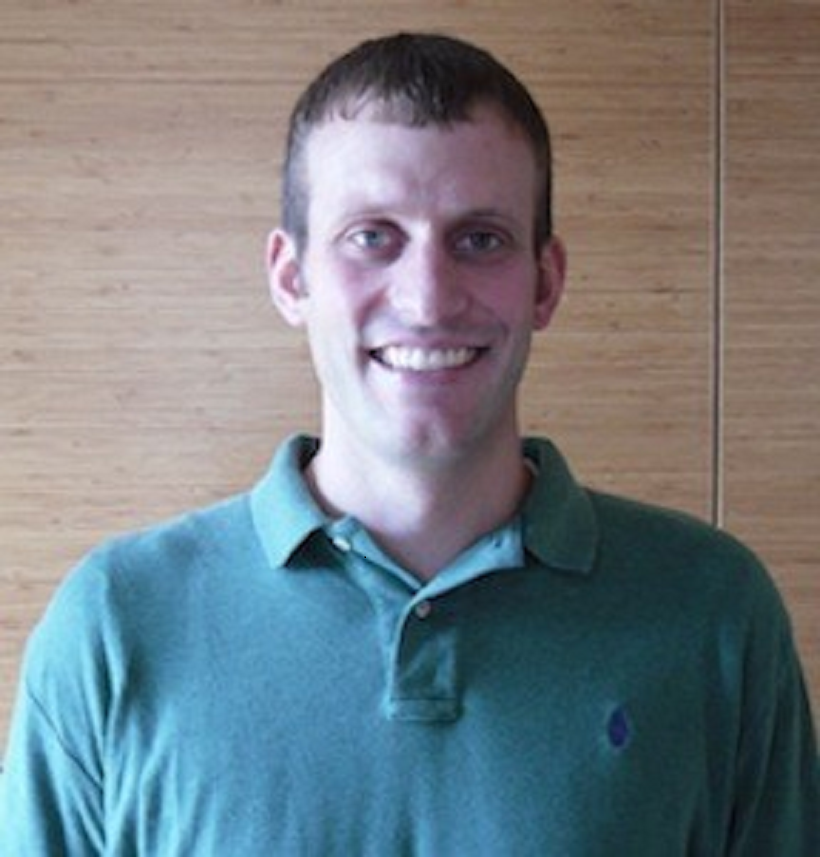 |
Nils Pilotte (Williams Lab) Assistant Professor of Biology, Quinnipiac University |
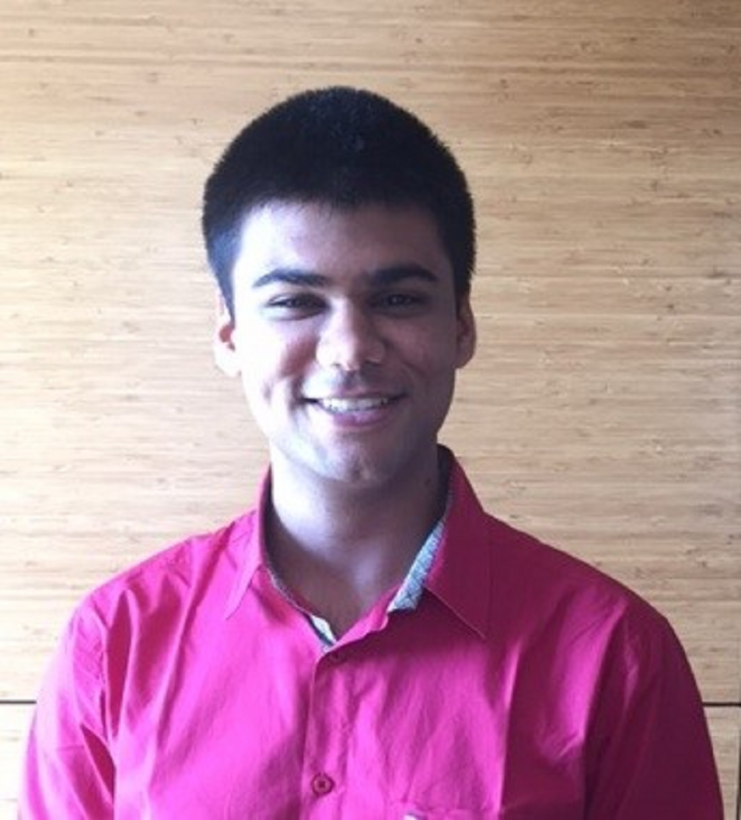 |
Archit Rastogi (Timme-Laragy Lab) Toxicologist, Gradient Corporation |
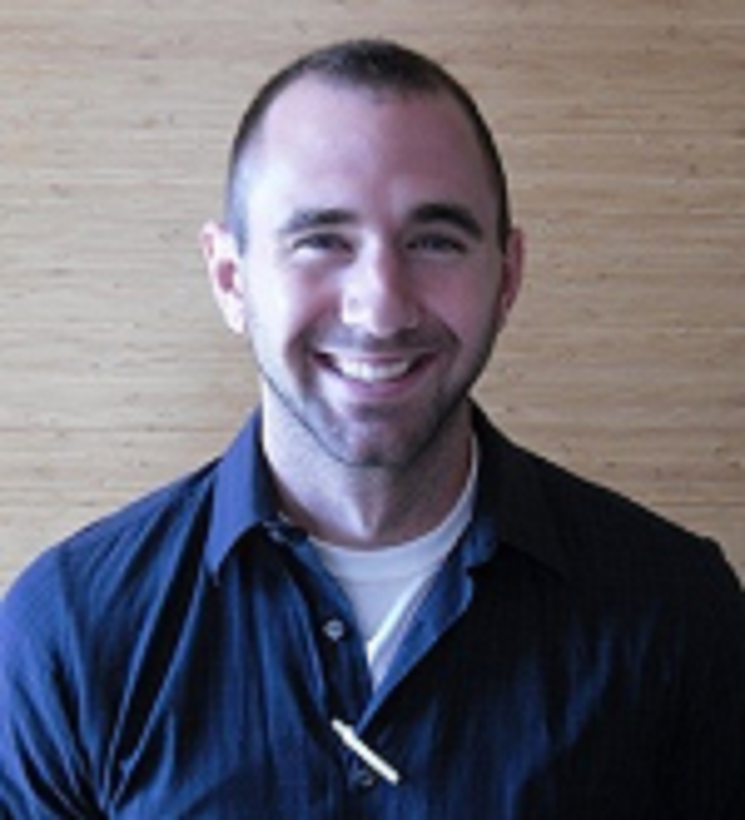 |
Rilee Zeinert (Chien Lab) Postdoctoral Associate, Storz Lab, NIH |
Cameron Butova PhD Dissertation Defense
Cameron Butova PhD Dissertation Defense
Monday, June 28, 2021
10:00 AM
Zoom link: Please contact mcb@mcb.umass.edu to be included on the email list for this announcement
Dissertation Title: Engineering a monomeric form of human alpha-galactosidase A as a proposed next-generation treatment for Fabry disease
Advisor: Scott Garman
Cheung and Wu Cap off Productive Spring with NSF Award
Cheung and Wu Cap off Productive Spring with NSF Award
Alice Cheung and Hen-Ming Wu, both from biochemistry and molecular biology, have had a productive spring: publication, in March, of one article in Science and another, in May, in Current Biology. Just recently, Cheung and Wu added a National Science Foundation award for $950,000 to their academic-year-end achievements.
The NSF award supports Cheung and Wu’s longstanding research into plant reproduction. Their project, “Pollen-stigma interactions: events and players that set off the path to reproductive success,” will run for four years, and is a culmination of their effort to understanding how male-female interactions underlie reproductive success. Professor Cheung says that the fundamental studies in male-female interactions that her lab carries out are crucial for ensuring the success of the agriculturally important process of seed production. Read more
